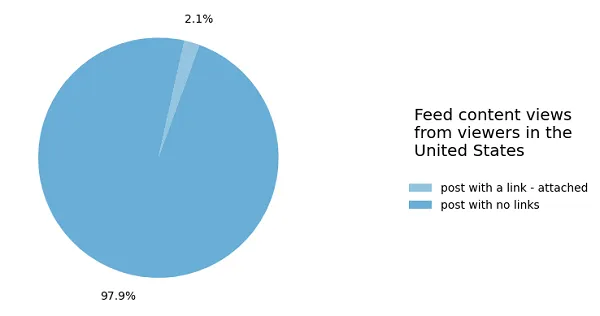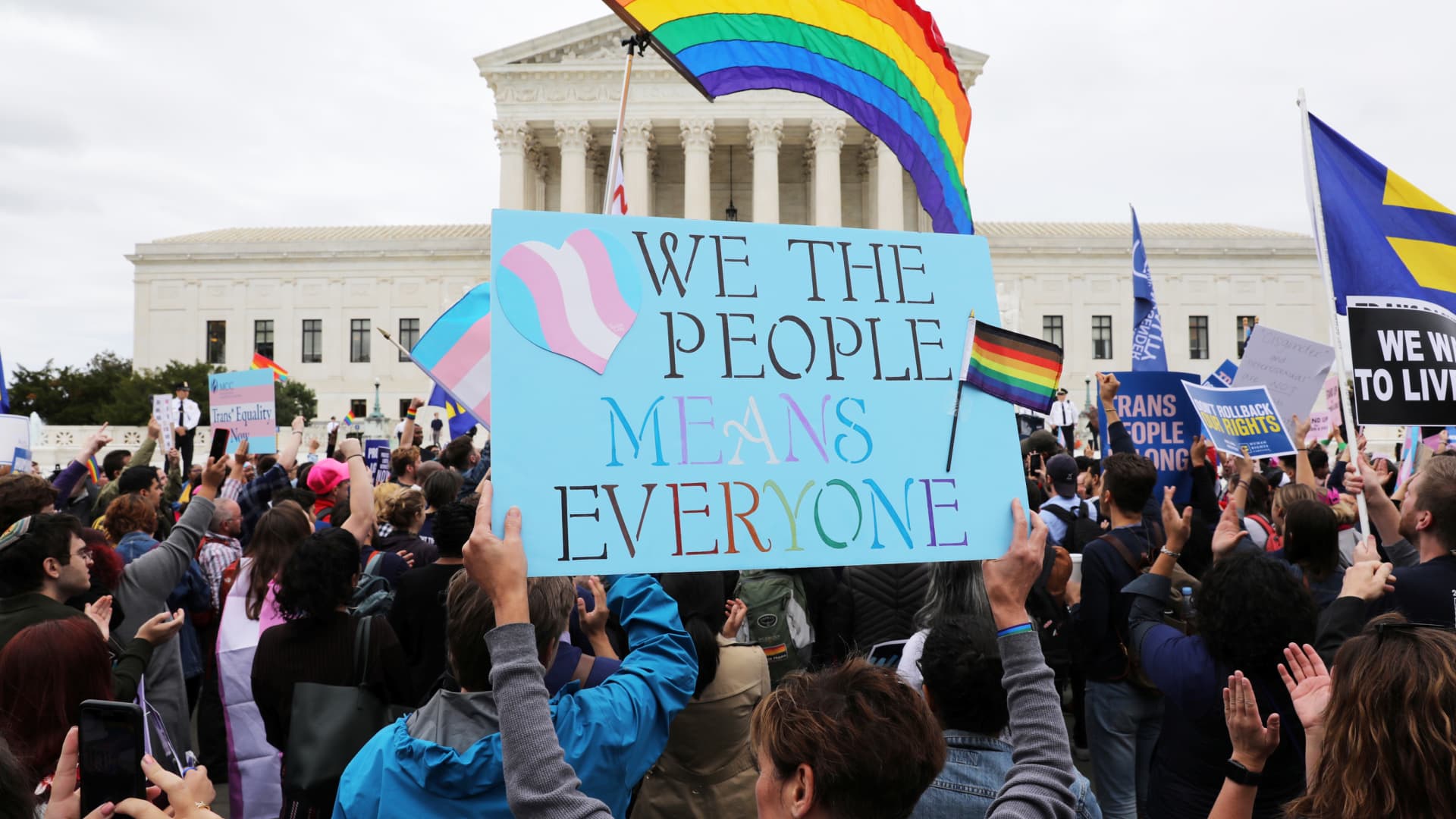The House plans to vote Tuesday on legislation to codify same-sex marriage nationwide and strengthen other marriage-equality protections, in a direct reaction to the Supreme Court’s recent ruling that overturned longstanding federal abortion rights.
The Respect for Marriage Act would establish that a marriage is considered valid under federal law if it was legal in the state where it was performed. The bill would explicitly bar anyone from denying “full faith and credit” to an out-of-state marriage based on sex, race, ethnicity or national origin, regardless of any individual state’s law. It would grant the U.S. attorney general the authority to enforce that rule through civil action.
It would also fully repeal the Defense of Marriage Act, known as DOMA, the 1996 law signed by then-President Bill Clinton that defined marriage as being the union of a man and a woman.
The Supreme Court gutted DOMA through its 2013 ruling in United States v. Windsor. Two years later, the court ruled in Obergefell v. Hodges that the Constitution guarantees same-sex marriage rights. Though defanged, DOMA technically remains a law, and the House now aims to scrub it from the books entirely.
The vote on the Respect for Marriage Act is expected to take place in the afternoon, according to the office of House Majority Leader Steny Hoyer, D-Md. The Democrat-led House is expected to pass the bill.
But it is unclear if it will get through the Senate, where the parties are split 50-50 and 60 votes are required for most legislation to pass. Many conservatives in the chamber will likely argue states should decide their own same-sex marriage laws.
Lawmakers are also set Tuesday to debate a bill enshrining the right to contraception — another push to protect rights spurred by the court’s major decision last month in Dobbs v. Jackson Women’s Health Organization. The ruling struck down the legal precedents that had protected abortion rights for nearly 50 years.
The conservative majority, which includes three justices appointed by former President Donald Trump, argued in part in its ruling that “the Constitution makes no reference to abortion, and no such right is implicitly protected by any constitutional provision.”
That legal reasoning sparked widespread fears that the court could threaten other rights previously considered settled.
A concurring opinion from Justice Clarence Thomas amplified those concerns. The justice argued that the ruling in Dobbs should lead the court to reconsider the landmark cases establishing the rights to obtain contraception, engage in private sex acts and marry someone of the same sex.
“As this Court may take aim at other fundamental rights, we cannot sit idly by as the hard-earned gains of the Equality movement are systematically eroded,” said House Judiciary Committee Chairman Jerry Nadler, D-N.Y., in a statement Monday detailing the Respect for Marriage Act, which he sponsored.
“If Justice Thomas’s concurrence teaches anything it’s that we cannot let your guard down or the rights and freedoms that we have come to cherish will vanish into a cloud of radical ideology and dubious legal reasoning,” Nadler’s statement said.
Other justices did not echo Thomas’ opinion. But it raised concerns that the court, which now has a 6-to-3 conservative majority, would be willing to take up cases challenging those rights in the future.
Samuel Alito, who wrote for the majority in Dobbs, stressed, “Nothing in this opinion should be understood to cast doubt on precedents that do not concern abortion.”
But critics, including the court’s three liberal justices, were unconvinced.
“We cannot understand how anyone can be confident that today’s opinion will be the last of its kind,” the liberals wrote in a fierce dissent in Dobbs.
Sen. Dick Durbin, D-Ill., said Monday that he believes the bills protecting same-sex marriage and contraception can overcome the Senate’s 60-vote hurdle, NBC News reported. Some Republican senators gave noncommittal answers when asked by NBC if they would vote for the legislation.
Sen. Ted Cruz, R-Texas, meanwhile, said Sunday that the Supreme Court’s ruling to enshrine same-sex marriage was “clearly wrong.”
This is developing news. Please check back for updates.




































































